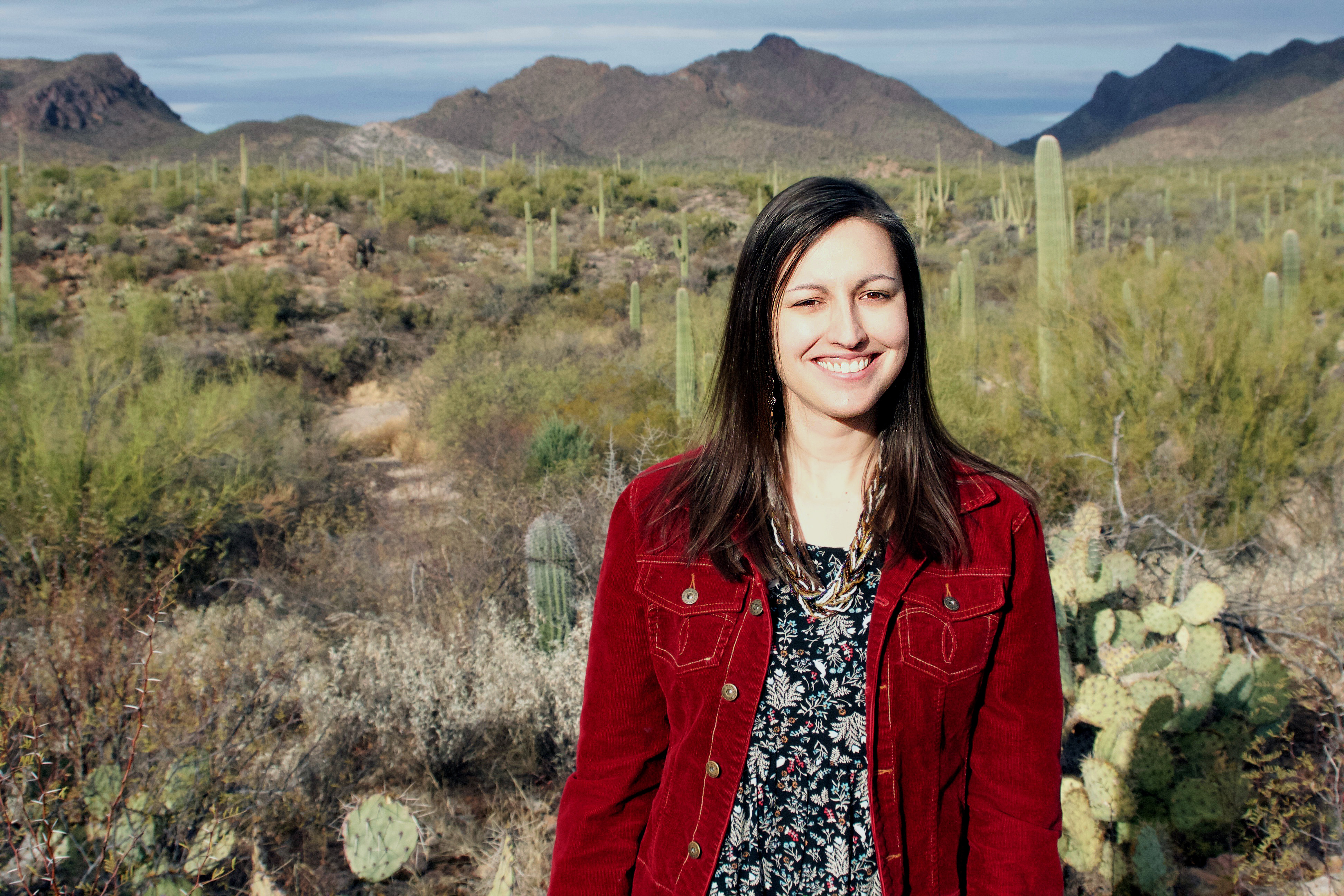Intro from the author: This poem takes its title from one of my favorite songs in The Sacred Harp, the primary tunebook used by shape note singers. Sacred Harp or shape note singing is itself a "tradition in translation": across the United States and now around the world, singers regularly gather to share in this traditional style of unaccompanied hymn singing dating back to colonial-era singing schools, which is never undertaken as a performance or reenactment, but always thought of as a living, changing, participatory art form. 504 Wood Street, the song referenced in this poem, embodies this old/new paradigm perfectly, setting words written in 1696 to a haunting dorian-mode tune written by Judy Hauff in 1986:
When we our wearied limbs to rest
Sat down by proud Euphrates' stream:
We wept with doleful thoughts oppressed,
And Zion was our mournful theme.
I found my way into the tradition of shape note singing at the same time that I found my way into the Mennonite church, so the two sit side by side in my mind. The young adult Sunday School class at University Mennonite Church in State College, PA had a penchant for tough theological questions, such as reconciling the Old Testament, in which God frequently deals with his people as a collective body, with the New Testament, in which Jesus frequently addresses individuals. Hymn singing, a living practice integral to Mennonite communal identity, expresses this paradox: only by raising our individual voices can we create the rich harmonies of the whole, something far greater than the sum of its parts.
And Zion Was Our Mournful Theme
There it was, that Biblical
trouble, that Old Testament debate we'll have
in Sunday School for years: bulbous webs snared
the tips of oak branches along the road and in the woods
behind my apartment, their sick forms devouring
the heights of my joy. I felt the summer
as a mania,
as a quivering
in my tendons, at my elbows, behind
my teeth. That green-green (no way but to double
it, that sheer pleasure of multiplying, like some
languages use for the plural) overwhelmed
my desert sensibilities, told me that
this unfurling
of surface and color
could only mean wild goodness, riotous reprieve
from desolation. What wickedness, then, those
webworms seemed, their thick-walled hubs
a curse, a blight, a sty. And worse, their threads'
gossamer beauty, their pale shine littered
with refuse, dried
leaves, shattered bark,
and the churning mass alive at the web's center,
a gross, writhing crowd I didn't even wish
to distinguish as individuals. How
close I had to step to try to see them, how
near I came and entered the reek, the sweetness
they gave off
like apple cores
rotting, bodies of leaves decaying in pooled
rain. How to tell the many from the one, what
to make of God's collective retribution, that ache
in the hymn I love, the story of captivity along
Babylon's river for the sins of the whole.
How I wished to step
back, away from
the pulse of motion in the web. I couldn't
stand, I'm sure, to see blood moving, pumping
through a heart, that tough and necessary muscle
rooted in the chest. Repulsive and gorgeous,
that tint of cells drunk on oxygen, the red-red
saturated
with breath, holy or un.
All those leaves flushed with sun, fed on the rot
rising from the soil. I couldn't see the single bodies
and the whole body on the same inhale. But I can choose
to call it not ruined. I can say, city beyond my
knowledge, thick light circling in my chest. To myself
I can say, be still.
